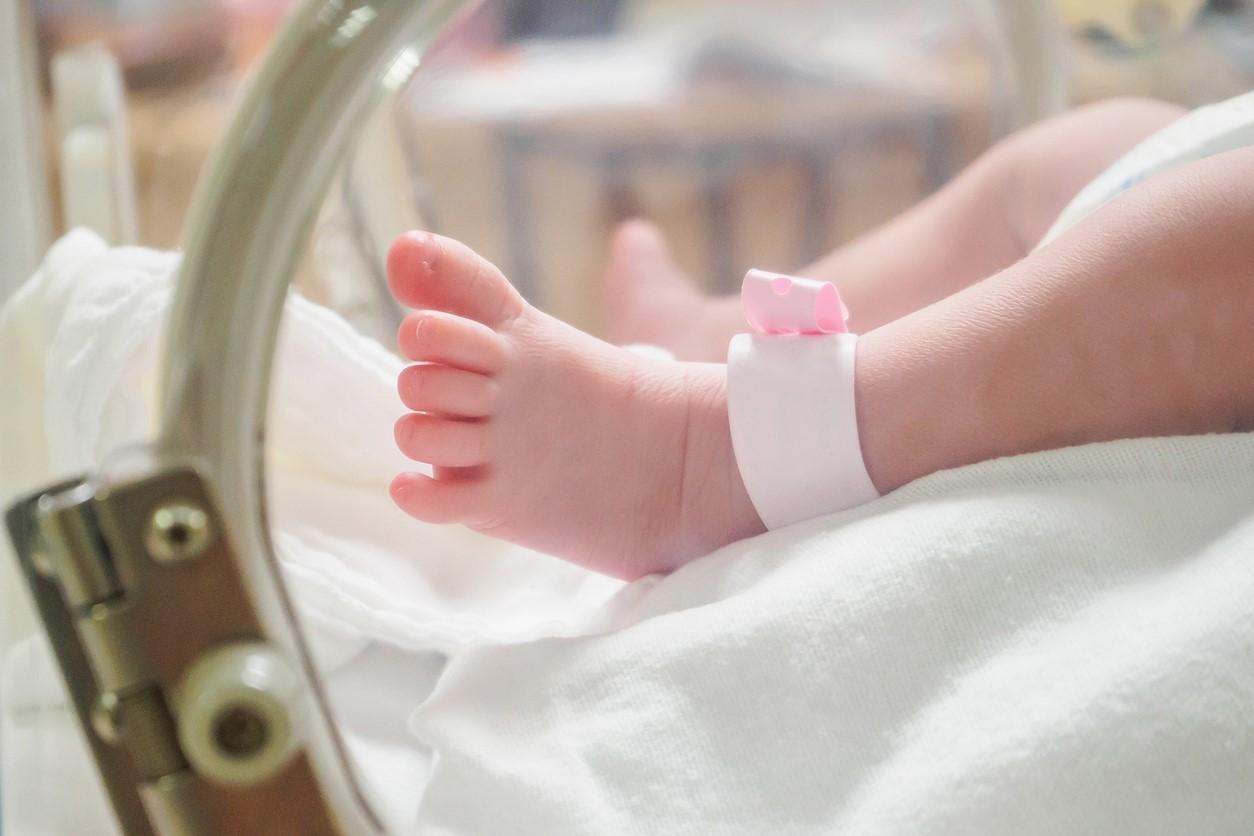Women with confirmed or suspected COVID-19 should either stay in different hospital rooms than their newborns or use other infection-control measures to minimize the risk of transmission, according to expert recommendations for pregnant or postpartum women and those planning a pregnancy published late last week in JAMA.
The authors, from the University of Florida at Gainesville and Emory University in Atlanta, synthesize guidelines from the US Centers for Disease Control and Prevention (CDC) and professional organizations for women hospitalized for childbirth.
"Clinical care of a pregnant woman with COVID-19 should be based on illness severity; diagnostic measures and treatments should not be withheld based on pregnancy status," they said.
Hygiene, use of drugs, timing of delivery
The authors said that if the mother and her care team decide against separation, the mother should wear a face mask and use strict hand and breast hygiene before breastfeeding. And if they choose to separate, a healthy caregiver should feed the infant breast milk expressed using good hand and breast hygiene.
In any case, newborns of mothers diagnosed as having COVID-19 should be considered as possibly infected and quarantined away from other infants, the guidance said.
Other recommendations included locating pregnant COVID-19 patients in a separate area of the obstetric ward and caring for them with a dedicated team of providers, masking and isolating pregnant women hospitalized for delivery in single rooms with the door closed, and using airborne isolation rooms for aerosol-generating procedures.
In case of maternal respiratory depression, magnesium sulfate could be administered to newborns for neuroprotection and prevention of preeclampsia and intrapartum seizures, the guidelines said.
Given the risk of corticosteroid use worsening COVID-19, the drugs should be given for fetal growth up to 34 weeks gestation and then the risks and benefits weighed for continued administration. And the guidelines recommend considering giving epidural pain relief early in labor to try to avoid the risk of general anesthesia should cesarean delivery be needed.
While delivery timing or type shouldn't change because of coronavirus infection, physicians may want to consider delaying delivery until the mother recovers, if possible. Newborns of mothers diagnosed as having COVID-19 should be tested for infection 24 hours after birth and again at 48 hours if the initial test was negative, the authors said.
Data on newborns, pregnant women still accumulating
Women mulling a pregnancy should consider postponing it until the pandemic is over, the authors said, while those already pregnant should use good hygiene and physical distancing to avoid infection. Hospitals might want to test all women being hospitalized for COVID-19, even if they have no symptoms.
While pregnant women who have non-coronavirus respiratory illnesses are at risk for serious outcomes, no studies have shown that this is the case for pregnant women with COVID-19.
The authors cite Chinese data indicating that 8% of 147 pregnant women studied had severe COVID-19 illness, and 1% became critically ill, rates lower than those in nonpregnant patients. A study of 43 pregnant coronavirus patients in two hospitals in New York City found similar rates of serious illness in pregnant and nonpregnant adults.
Little is known about the effects of COVID-19 during pregnancy or breastfeeding on newborns, but most infants of infected mothers have tested negative, although some newborns have shown signs of illness.
"Given the benefits of breast milk, when feasible, breast milk should be fed to infants regardless of maternal COVID-19 status," the authors wrote. They noted that RNA of the COVID-19 virus has been detected in breastmilk, but breastfeeding is not a confirmed mode of disease transmission.
To stay current on evolving recommendations, the authors recommend that clinicians follow the websites of the CDC, the American Academy of Pediatrics, the American College of Obstetricians and Gynecologists, the Society for Maternal-Fetal Medicine, and the Society for Obstetric Anesthesia and Perinatology.





















